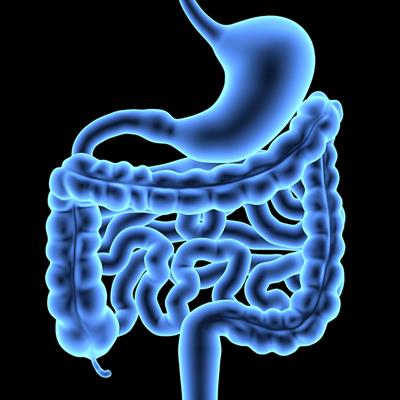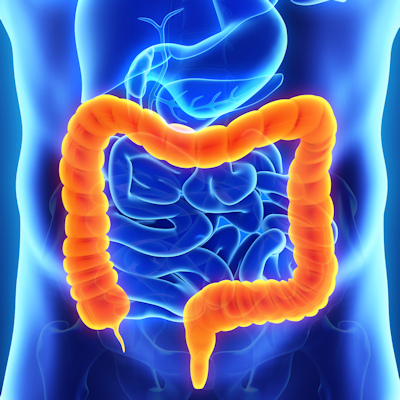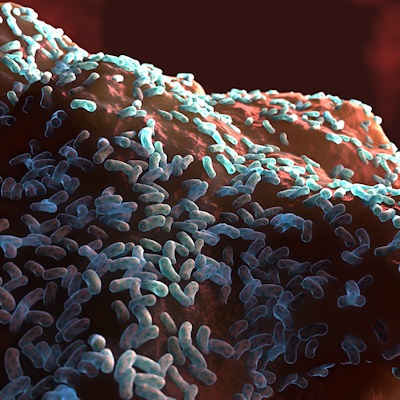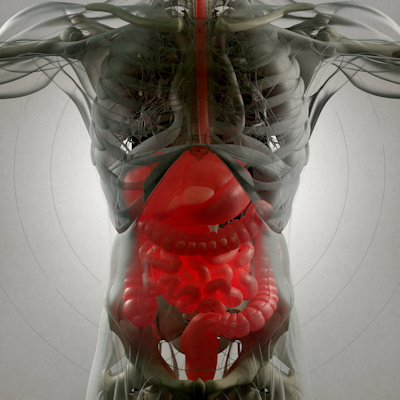March 1, 2023 -- Gut-on-chip devices can now simulate microbial and human cellular biology to enable the analysis of the microbiome, according to a study published in APL Bioengineering.
Disruptions to the diverse community of microbes that live in the gut and interact with human cells are implicated in a range of health conditions including inflammatory bowel disease, obesity, asthma, and psychological and behavioral disorders. The significance of the gut microbiome for human health creates a need for ways to understand its function and how it is linked to different diseases.
Traditionally, researchers have used animal models to study intestinal diseases but there is a need for more convenient, cheaper research tools that can replicate the in vivo environment of the intestine and are free from the ethical concerns of animal studies. Organ-on-a-chip devices have the potential to bridge the gap between lab models and human biology, but the unique environmental conditions found in the gut have held back their deployment.
The chips feature microchannels that contain cells and tissue cultures. Precise control of the nutrients that are supplied to cells enables the regulation of the environment and the creation of realistic models of the human gut, but the anaerobic atmosphere, fluid flow, and pulses of contraction and relaxation that characterize the gastrointestinal tract must be simulated as well.
In the APL Bioengineering study, researchers at the University of California, Berkeley and Lawrence Berkeley National Lab describe recent gut-on-chip designs that simulate the characteristics and enable the growth of intestinal cells in environments that more closely resemble the human gut than earlier models. Amin Valiei, an author of the paper and researcher at the University of California, Berkeley, outlined the impact of the new designs in a statement.
"Recent gut-on-a-chip models have demonstrated success in maintaining a viable coculture of the human intestinal cells and the microbiome for a few days and even up to weeks," said Valiei. "This opens new ways to analyze the microbiome under biologically relevant conditions. Its unique capabilities make the organ-on-a-chip apt for plenty of research investigations in the future."
The simulation of microbial and human cellular biology by gut-on-chip devices has already spurred work on disease models and drug studies that use the technology. Valiei and his collaborators are working to understand dysbiosis, imbalances in gut microbial communities that are linked to health conditions, and to find new ways to diagnose, mitigate, and treat the disruption of the microbiome.
Copyright © 2023 scienceboard.net











